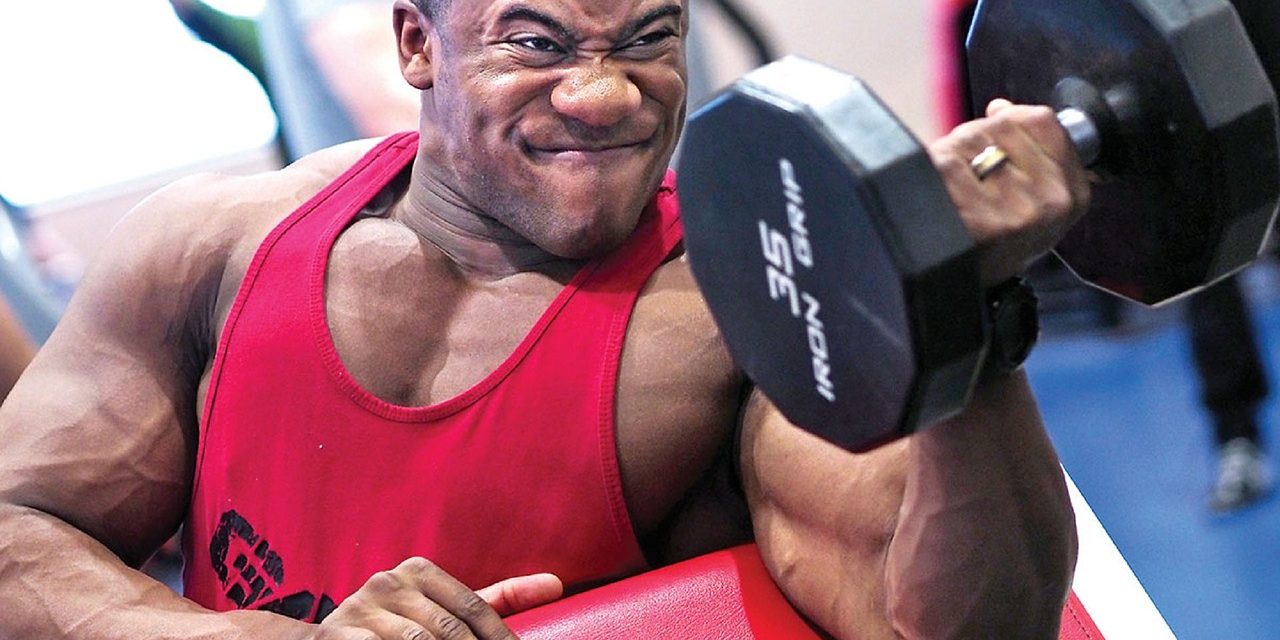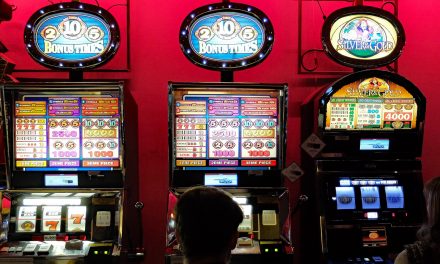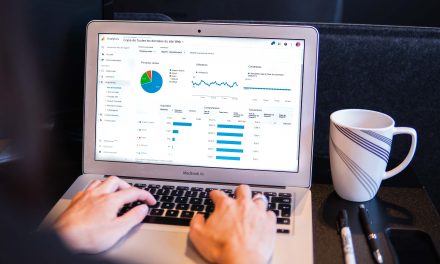Cannabidiol is pretty big in the fitness industry, and this is because of its pain relieving properties, and the fact that it’s also a natural anti-inflammatory. CBD is just one of the compounds in hemp and cannabis and it has a powerful range of healing properties – but perhaps what makes it appealing to fitness enthusiasts is that it doesn’t cause a high. It therefore is not addictive, and does not show up in drug tests.
It basically works like a vitamin supplement; providing nutrients and strengthening essential functions in the body. Note that significant attention has gone towards CBD as treatment for anxiety and depression, but the way cannabidiol works is by targeting the endocrine system, which is responsible for many physiological processes.
But for the sake of muscle building, let’s focus on what CBD can do to improve your workouts and health in general.
What causes muscle fatigue?
When the muscles rub against each other during intense workouts, there’s a condition that occurs and doctors call it Delayed Onset Muscle Soreness or DOMS for short. Muscles start to get small tears with each workout session and eventually that leads to fatigue. Inflammation is a common occurrence here, and is experienced when muscles get damaged by exercise.
And when muscles are inflamed (even slightly), it slows down the healing process and makes further exercise excruciating – which is where CBD comes in. Cannabidiol is a natural pain killer and anti-inflammatory, but more than that, it affects other parts of your body that you may not immediately think about.
For instance, stress hormones can prevent muscle growth and destroy existing muscle; which is fine because CBD reduces cortisol levels, along with other stress hormones like adrenaline, and this can help make your workouts more effective. In addition, CBD improves sleep, which is important for muscle recovery. Without proper sleep your workouts would basically destroy your whole body; and this is why pro athletes are very particular about sleep.
No matter how fit you are, some types of workouts will leave you exhausted and sore for days. Those microscopic tears that happen in the muscle fibers are not insignificant; so long term exercise requires a sustainable solution. From what we’ve learned, CBD can be used long term without posing any real danger to your health.
Is there proof that CBD works?
You will find plenty of journal reviews such as this one by Frontiers in Neurology which examines the effectiveness of CBD in treating inflammation and pain. The study involved patients with Multiple Sclerosis, but the results can be applied to exercise, since CBD was found to work as an anti-oxidative, antipsychotic, anti-inflammatory, antiemetic, and it also has neuroprotective properties.
Broadly speaking, CBD can be used to decrease inflammation when rubbed against the skin in the affected area, or when consumed in any form. The effectiveness of the compound may be determined by concentration levels as well as the type of CBD strain used.
But even with medical reports supporting its use, we’re not allowed to say conclusively, 100%, that CBD will treat your inflammation and muscle soreness. There are many factors at play here; for one, CBD hasn’t been FDA-approved as ‘medicine’ and even though it’s legal to use hemp-extracted CBD in the US, health experts can prescribe it like normal medicine.
But is it safe to use CBD?
CBD is generally safe for most people and any case of a reaction would be mild under normal circumstances. Doses of up to 1,500 mg per day have been well tolerated by users;and this is saying something, considering a typical dose would be in the range of 50 mg. When starting out, we recommend a dose of 10 mg and only increase by small amounts until you start to feel the effects. For most people, high doses aren’t really necessary – and of course you’re not looking for a buzz, so if you’re not feeling anything in your head that doesn’t mean the compound isn’t working.
Choosing CBD products for muscle recovery
Apart from the usual CBD oils and tinctures, you will find different balms, lotions, vape pens, and many more products that you can use to speed up recovery and keep inflammation low. Again, you’re going to establish your perfect dosage on your own, so take time to learn how the product works for you, and remember, cannabinoids are subjective chemicals that work slightly differently in each person.











